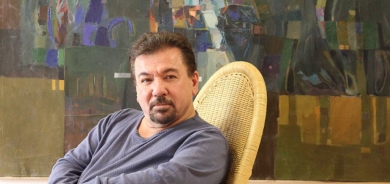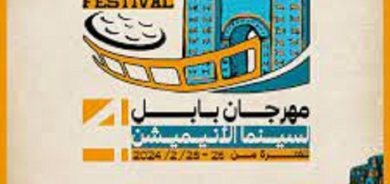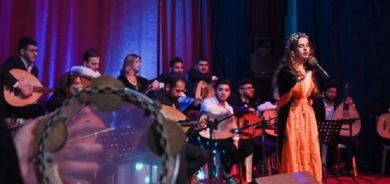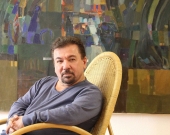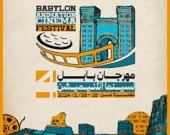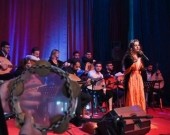Yasar Kemal: Pride of the Kurdish nation

Kemal died at a hospital in Istanbul. Local media reported his age differently as 91 or 92, because at the time of his birth no one had kept exact records in the remote hamlet of Sadik Gokceli in southeastern Turkey, or what is known as North Kurdistan by the Kurds.
A tireless campaigner for Kurdish rights throughout his life, Kemal was one of the greatest writers in Turkey, penning more than two dozen novels alone, his works translated into 40 languages, including Kurdish.
In its obituary on Saturday, the New York Times called him “a master storyteller who repeatedly clashed with the Turkish state while emerging as his country’s first novelist of global stature.”
His best-known work, Memed, My Hawk, translated into Kurdish as Hamadok and published in1955, earned him a nomination for the 1973 Nobel Prize in literature.
A master storyteller who repeatedly clashed with the Turkish state while emerging as his country’s first novelist of global stature.
“Anyone who reads my books will not become a killer, but the enemy of war,” Kemal said in a speech that was read out at Istanbul’s Bilgi University last year, where he was awarded an honorary doctorate.
“States and governments that work to erase humanity should be stopped,” he said in that speech. “My readers should know that those who erase a culture are only erasing their own culture and humanity,” said a speech now seen as a last will.
The speaker of the Kurdish parliament, Yousif Muhammad, described Kemal as “the pride of the Kurdish nation,” and someone who always called for peace and coexistence in Turkey.”
“As Kurds it is our right to be proud of this great writer of ours,” said Muhammad in a message last month when Kemal was admitted to hospital in Istanbul.
Kemal’s stories are based on lives and characters from his own village and countryside, depicting the struggle of the poor against powerful oppressors.
“Let my readers unite with the poor,” was Kemal’s message at the ceremony at Bigli University last year. “Poverty is a shame to humanity.”
Memed, My Hawk, which depicts a bandit hero who takes revenge on a local cruel overlord, can be found on the shelves of many Kurdish homes. Most of his novels have been translated to Kurdish and published by different publishing houses in the Kurdistan Region.
Those who erase a culture are only erasing their own culture and humanity,
Turkish authorities charged Kemal with propaganda and support of Kurdish separatism in 1995, giving him a suspended sentence.
Kemal rejected the charges in court, saying: “My life has been dedicated to the Turkish language, Turkish culture. I don't want a separate Kurdish state, nobody does. All that the Kurds want is their universal human rights — the right to preserve their language, culture, identity."
Kemal penned all his novels in Turkish, but his writing always reflected his Kurdish identity and the hardships his people faced in Turkey.
His works have been adapted to theatrical plays in the Kurdistan Region as well as in Europe, where he received two dozen prestigious awards and honorary doctorates from European universities.
In 1997, Kemal received The Stig Dagerman Prize in Sweden for supporting the “free word.” The same year, he was awarded the Peace Prize of the German Book Trade at the prestigious Frankfurt Book Fair.
Rudaw



